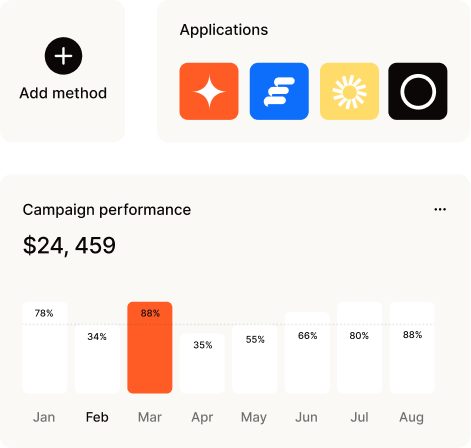
1. Introduction: The AI-Driven Business Revolution
Artificial Intelligence (AI) has evolved from being a futuristic concept to an essential part of modern business infrastructure. In 2025, organizations across industries are leveraging AI to enhance efficiency, reduce costs, and streamline workflows. The integration of AI tools into daily operations is no longer optional—it’s a strategic imperative that defines competitive advantage. From data analysis to customer support, AI is transforming how businesses operate, innovate, and scale.
2. Automation Beyond Repetition
Early automation focused mainly on repetitive tasks, but in 2025, AI systems have advanced to handle complex decision-making and adaptive processes. Smart automation tools powered by machine learning can now analyze context, predict outcomes, and adjust operations dynamically. This allows companies to automate tasks such as financial forecasting, logistics management, and compliance tracking with minimal human oversight.
3. Smarter Decision-Making with Predictive Analytics
AI-driven predictive analytics has become a game-changer in business strategy. Companies use AI models to analyze vast amounts of data and forecast future trends, customer behavior, and market shifts. Predictive insights help organizations make informed decisions, minimize risks, and identify opportunities faster than ever before. For example, retail companies anticipate inventory demands, while financial firms detect potential fraud or investment risks in real-time.
4. Enhancing Customer Experience with AI Personalization
Personalization has become the cornerstone of customer engagement, and AI makes it more precise and meaningful. In 2025, AI algorithms can interpret individual customer data—preferences, purchase history, and online behavior—to deliver customized recommendations and interactions. Chatbots, voice assistants, and AI-driven CRM systems enable brands to offer 24/7 support with a human-like touch, improving satisfaction and loyalty.
5. Revolutionizing HR and Talent Management
AI is reshaping how organizations attract, retain, and manage talent. Recruitment platforms powered by AI can screen resumes, assess candidate compatibility, and even predict cultural fit. In employee management, AI tools analyze performance data, identify skill gaps, and suggest personalized learning paths. As a result, HR departments are becoming more strategic, focusing on human growth rather than administrative tasks.
6. Supply Chain Optimization and Resilience
Global supply chains have become increasingly complex, but AI provides the intelligence needed to manage them efficiently. In 2025, AI-driven logistics systems use real-time data to predict disruptions, optimize delivery routes, and balance inventory levels. By combining IoT sensors and predictive analytics, companies can foresee potential bottlenecks and respond proactively, ensuring smooth operations even in volatile markets.
7. AI in Finance and Risk Management
Financial institutions are among the biggest beneficiaries of AI innovation. AI-powered tools are streamlining accounting, detecting fraud, and providing advanced financial insights. Businesses use AI for automated invoicing, expense management, and credit risk assessment. Moreover, machine learning models identify patterns of potential fraud long before human analysts can detect them, reducing losses and improving compliance.
8. Transforming Marketing Strategies
Marketing has become data-driven and hyper-personalized, thanks to AI. From content creation to campaign optimization, AI tools analyze customer data and suggest strategies that yield better engagement and conversion rates. In 2025, businesses rely on AI to predict trends, automate ad placements, and even generate creative assets such as visuals and copy tailored to specific audiences. This ensures that every marketing dollar is spent effectively.
9. Boosting Productivity and Collaboration
AI-powered tools are redefining productivity in the workplace. Virtual assistants schedule meetings, summarize reports, and automate routine communications, allowing employees to focus on creative and strategic work. Collaboration platforms now use AI to suggest relevant documents, highlight key discussion points, and even generate summaries of team meetings. These innovations are fostering smarter, faster, and more connected workplaces.
10. The Future: Human-AI Collaboration
As AI continues to evolve, the future of business will not be about machines replacing humans, but about humans and AI working together harmoniously. In 2025, organizations are recognizing that the greatest value comes from combining human intuition with AI intelligence. Ethical considerations, transparency, and responsible AI usage are becoming central to business strategies. Companies that strike the right balance between technology and humanity will lead the next phase of the global business transformation.
Conclusion
AI is no longer just a technological trend—it is the foundation upon which the future of business is built. In 2025, every department, from marketing to finance, is being reshaped by intelligent systems that learn, adapt, and optimize continuously. Businesses that embrace AI-driven workflows are not only improving efficiency but also unlocking new levels of creativity and innovation. The organizations that understand how to integrate AI seamlessly into their culture and processes will define success in the digital age.
